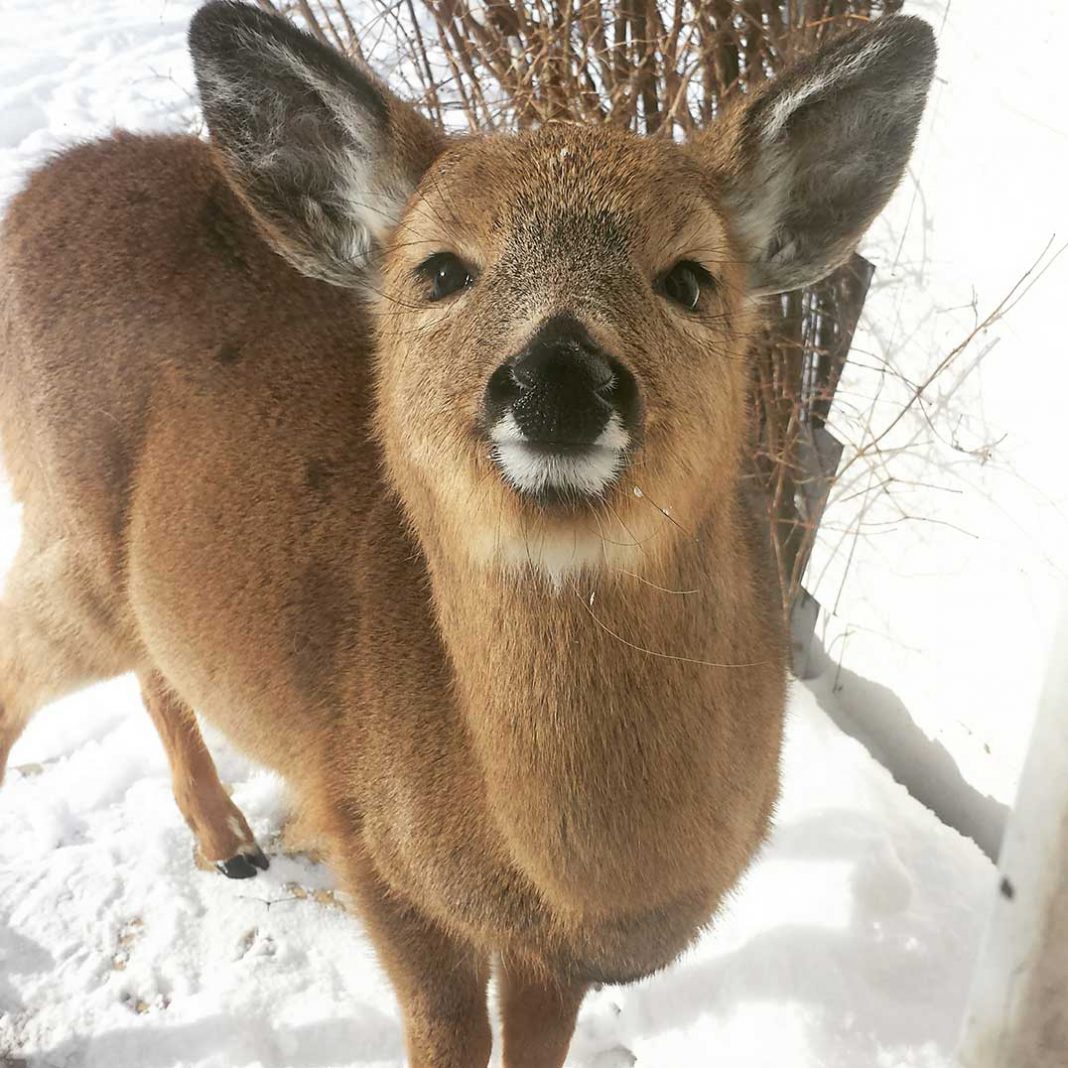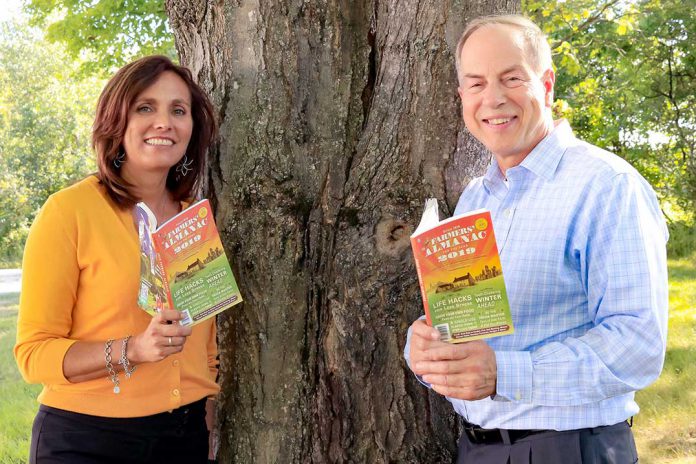Cold weather, deep snow lethal for Island herds
MANITOULIN—It’s been five years since a notice has been issued for deer save activities due to extreme winter conditions and volunteers with Manitoulin Deer Save are now issuing another call for assistance.
“In the winter of 2014, we were seeing an increase in deaths of compromised deer struggling to get to feeding grounds and falling easy victim to coyotes and wolves through harsh winter conditions,” says Sue Meert, Deer Save coordinator. “Deer were literally dropping dead in their tracks. By March 2014 we were bulldozing trails and dropping cedar branches to accommodate the herd. Efforts were noted to have helped limit death tolls, but there was much loss nevertheless.”
Once again this winter, extreme cold and heavy snow are wreaking havoc on Island herds. Deer wintering yards on Manitoulin are located along the entire south shore of Manitoulin, in and around Gore Bay and along the Bidwell Road and Green Bay.
“If we do not take proactive measures now and prepare to help sustain this valuable deer natural resource, we could stand to lose much more than the economic impact of a diminished deer herd,” Ms. Meert says. “The facts are simple: to sustain the deer hunt we need to help the deer herd.”
Deer Save is asking for volunteers to help open up trails by using snowmobiles, tractors, snow shoeing etc. Packing down the snow will help deer maneuver to find food and to escape predators. Cedar branches can be cut down to help provide feed.
Ms. Meert asks that those independently undertaking deer save efforts to please call her with the details so they might track the efforts that are being taken. “We caution that hitting the trails in harsh weather can be dangerous, and we encourage you to take proper precautions to remain safe. Always let someone know where you are going and when you should be expected to return.”
When it comes to cedar browse, Deer Save urges volunteers to not cut down full trees as this takes away future cover and food sources. Browse is typically supplied to deer along cleared trails by pruning higher cedar branches and letting them fall to the ground where deer can access them. This is a natural food item for deer and can help to sustain them through a harsh winter.
Deer Save also asks that volunteers do not conduct winter activities or let dogs run loose near the deer yards to chase deer as this consumes much of the deer’s energy.
“If you don’t have a property to do Deer Save activities let us know,” Ms. Meert continues. “We have many landowners that will allow access for Deer Save activities.”
“Assisting the deer herd will not only help keep a positive balance of the ecosystem on the Island, it also contributes to the socio-economic well-being of the area, as was noted in a study completed in 2008,” Ms. Meert says. “The deer are a natural resource, generating approximately $16,000,000 annually, mostly from the out-of-pocket expenditures hunters pay.” This study was initiated by MASC Manitoulin Area Stewardship Committee, now a part of Manitoulin Streams.
If your property lies within core deer wintering yard areas, Deer Save asks that you register your land to allow volunteers to carry out Deer Save efforts such as clearing snow from existing trails and roadways, browse cutting etc. All Deer Save activities are covered under Ontario Federation of Anglers and Hunters’ liability insurance program.
“Whether you own property or just want to help, we need volunteers to assist in breaking trails and feeding,” Ms. Meert adds. “If you are able to help, contact our office for further details.”
Any donations of funds, equipment or in-kind support is appreciated. Funds are placed into a trust fund specifically dedicated and held in trust for future Deer Save efforts.
Deer Save is coordinated by Manitoulin Streams Improvement Association. To contact Ms. Meert, please phone (705) 859-1653 or email suemeert@hotmail.com for further details.
“We thank all volunteers and landowners for your assistance,” Ms. Meert says.




